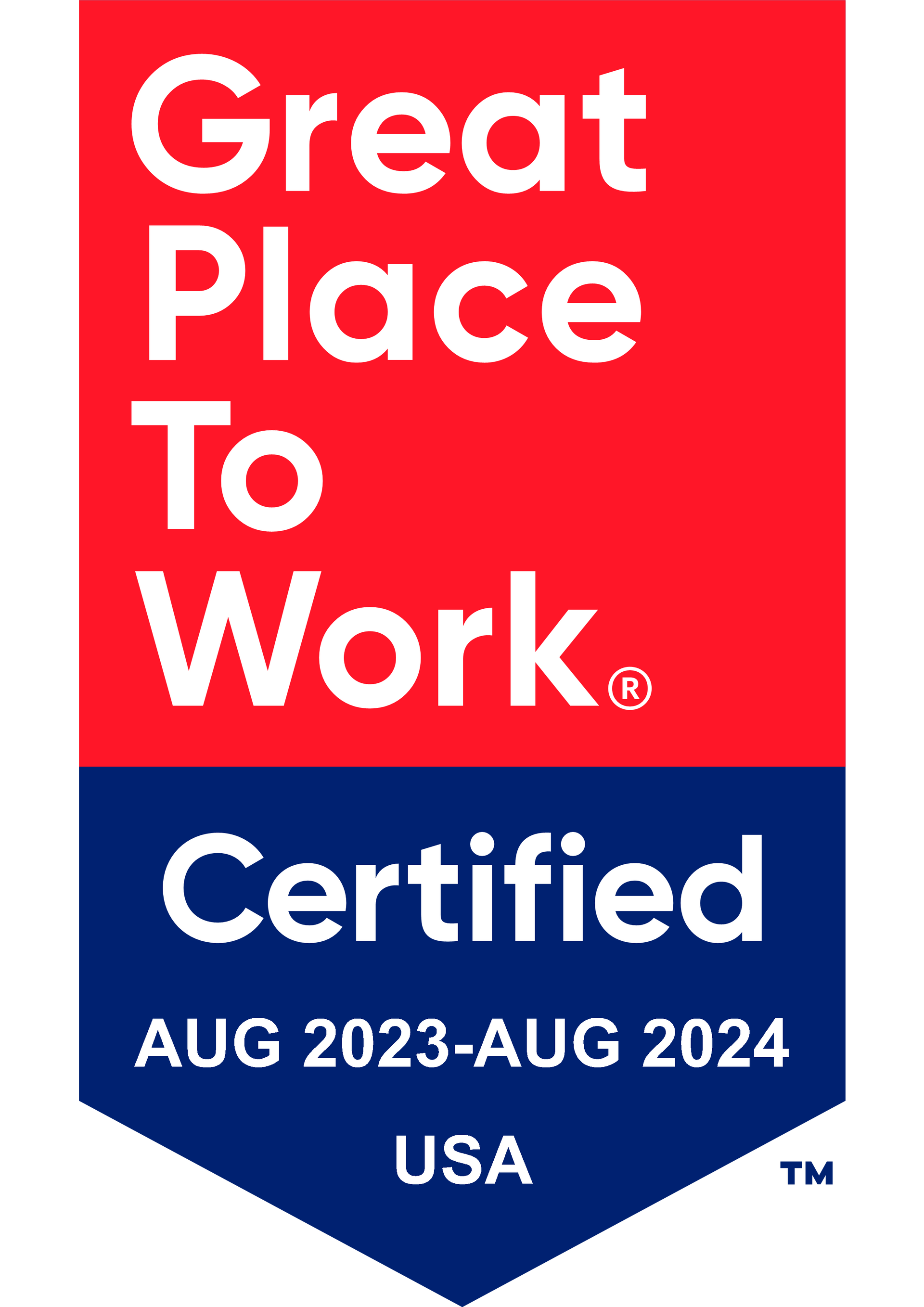Get in touch
408-366-8880
mymail@mailservice.com

Directors and Officers Insurance: An Overview
Your board of directors and officers are an important aspect of your organization. So, what happens when they face lawsuits related to things like breach of fiduciary duty, misrepresentations of company assets, or misuse of business funds?
It can cause a big dent in their financial stability and possibly the financial stability of the company. Directors and officers insurance is coverage that helps to protect your company and board of directors and officers if such lawsuits occur.
WHAT IS DIRECTORS AND OFFICERS INSURANCE?
Directors and officers insurance is liability insurance that mitigates risks associated with lawsuits against a company’s directors and officers for breach of fiduciary duty. It supports the leaders in running an organization without concern for lawsuits resulting in personal financial loss. The policy will pay out on covered claims, including settlement payouts and legal fees.
D&O insurance claims can be payable directly to the directors or officers of an organization. The policy can also be made payable directly to the company.

WHAT COMPANIES AND INDUSTRIES BENEFIT FROM DIRECTORS AND OFFICERS INSURANCE?
D&O insurance might not be at the top of the list as a must-have for every organization. However, virtually all organizations have some level of D&O insurance exposure.
If the expense of the insurance outweighs the needs of the organization, then it likely makes sense to forgo purchasing D&O insurance. With that said, many organizations can benefit from having D&O insurance, including:
- Businesses That Owe Debt
- Companies Looking to Attract Talent
- Organizations Dealing with Personal Financial Assets
- Small Businesses That Can’t Afford Losses
- Any Business with a Board of Directors and Officers
BUSINESSES THAT OWE DEBT
Organizations that owe a lot of debt to creditors can benefit from D&O insurance. D&O insurance helps protect the officers and directors of the organization if the company goes under. Creditors might blame the directors and officers for the fact that the company went under and did not pay them back. D&O insurance can help cover the liability to their creditors.
COMPANIES LOOKING TO ATTRACT TALENT
It can be challenging to hire for C-level jobs if an organization doesn’t have directors and officers insurance. Executive-level individuals want to know they are covered before joining an organization.
ORGANIZATIONS DEALING WITH PERSONAL FINANCIAL ASSETS
Similar to creditors wanting to blame directors and officers for not getting paid back, individuals whose financial assets are negatively impacted might blame the top executives of an organization.
SMALL AND PRIVATE BUSINESSES THAT CAN’T AFFORD LOSSES
Small, family-run, and private businesses that don’t believe they’re at risk for a D&O claim might want to think again. The Chubb Private Company Risk Survey showed that over one in four private companies surveyed had a D&O loss in the previous three years.
Ninety-six of those companies experienced a loss with the average loss reported at $387K. The maximum loss reported was $17M. Those numbers can significantly impact a bottom line. Lawsuits from customers and third parties were the leading cause of losses.
ANY BUSINESS WITH A BOARD OF DIRECTORS OR OFFICERS
Directors and officers insurance is named that for a good reason: it is created to protect the directors and officers of an organization. Any company with a board of directors and officer-level positions should consider D&O insurance. This also includes nonprofit organizations, as well.

WHAT DOES DIRECTORS AND OFFICERS INSURANCE COVER?
General liability and umbrella insurance generally have gaps when it comes to covering directors and officers of an organization. D&O insurance helps to fill those gaps. D&O insurance typically covers lawsuits related to:
- Non-compliance
- Breach of fiduciary duty
- Misuse of company funds
- Misrepresentation of company assets
- Financial mismanagement
- Regulatory actions
- Failure to comply with workplace laws
- Securities litigation
- Lack of corporate governance
- Theft of intellectual property
- Stealing competitor’s customers
- Fraud
A good D&O policy covers suits and claims, regardless of who the suing party is. Directors and officers can get sued by a variety of parties, including:
- Customers
- Shareholders
- Investors
- Vendors and other third parties
- Employees
In addition to covering legal costs and expenses associated with lawsuits and claims, D&O insurance carriers provide support to negotiate settlements and work through lawsuits. D&O insurance also provides indemnification for directors and officers, so their personal assets are protected.
D&O insurance includes a Side A, Side B, and Side C insuring agreement.
Side A: Most commonly seen when a company goes under or files for bankruptcy, Side A provides coverage when the company is not able to indemnify or refuses to do so.
Side B: Side B reimburses a company’s defense costs and other expenses for organizations that indemnify their officers and directors.
Side C: Side C, also referred to as entity coverage, provides coverage for the company itself. It covers claims of financial mismanagement against the organization. Side C coverage might reduce the level available to cover directors and officers.
It is wise for some organizations to purchase a directors and officers policy along with employment practices liability insurance. The combination covers employee-related claims, including wrongful termination, discrimination, and harassment.
DUTY TO DEFEND VS. DUTY TO INDEMNIFY
It is important to understand the differences between “duty to defend” and “duty to indemnify.” A duty to defend policy implies that the insurer will defend the organization’s lawsuits, including those considered groundless. This means efficiency for settlements, which saves the company time and resources. A downside is that the organization isn’t able to choose its own legal team.
A duty to indemnify policy is also referred to as non-duty to defend policies. With a duty to indemnify policies, the organization chooses its own legal team. The insurer then reimburses for reasonable defense expenses. A downside, or challenge, is that the insurer and organization might not agree on what is considered reasonable defense expenses.

WHAT ARE EXCLUSIONS IN D&O INSURANCE?
As with any policy, D&O insurance has limits and exclusions that are not covered by the policy. Each policy is slightly different, so it’s important to get clear on the limits and exclusions for any policy being considered.
Generally speaking, D&O insurance might not cover:
- Lawsuits between officers and directors within the same company
- Defense costs of directors and officers found guilty of fraud
- Antitrust law violations and activities impeding competition
- Pre-existing claims or activities that the company knew about before securing coverage
- Claims related to misrepresentation in the initial application
- Losses linked to deliberate or criminal activities
- Losses and risks that should be covered under other policies, such as professional liability, cyber risk, and commercial liability insurance
It is possible to get amendments, clauses, and enhancements added to policies to increase the coverage level of a policy. There are numerous enhancements a company can include.
A few are:
- 100% Defense Cost Allocation Clause: This clause provides coverage as long as any portion of the claim is covered.
- Final Non-Appealable Adjudication: This clause triggers coverage for costs to defend D&O misconduct suits.
- Full Prior Acts: Securing this clause ensures coverage for previous and current company activities, including those the organization knew about prior to securing coverage.
- No “Hammer Clause”: Full discretion is provided to the insured to choose whether to settle or continue defending a lawsuit.
It’s also possible to negotiate limited or full coverage for some of the other exclusions listed above, including antitrust law violations.

HOW MUCH DOES DIRECTORS AND OFFICERS INSURANCE COST?
On average, an organization can expect to pay around $5,000 for $1M worth of coverage. A report by Advisen showed that private companies with revenues up to $50M pay anywhere from $5,000 to $10,000. However, D&O insurance policy pricing varies based on several factors, which include:
- Industry
- Debt
- Revenue
- Assets
- Financial Stability
- Claim History
- Length of Time in Business
- Coverage Level, including limits and deductible
The higher a company’s chances of filing for bankruptcy or going under, the higher the cost of D&O insurance. Companies with a high level of financial stability will have a lower premium.
Organizations with a high claim history will have higher premiums compared to those will few or no claims. The longer an organization has been in business, the lower premiums will likely be compared to organizations that have been in business for a shorter period of time.
KBI ARE DIRECTORS AND OFFICERS INSURANCE EXPERTS
Identifying the right level of D&O insurance is essential for any organization with director and officer-level positions. Doing so protects both the company and the directors and their spouses from financial losses.
With the many variables to consider, finding the right level of D&O insurance can be challenging and takes time. An educated and knowledgeable insurance broker can help take the burden off of your shoulders. If you’re looking for D&O insurance, KBI has access to numerous insurance companies. As a result, we can shop around to find the best policy for your budget.
After analyzing and developing a clear picture of your organization’s exposure to risks, we will provide you with recommendations and options. We will ensure you have the right level of directors and officers insurance to meet your needs and protect your organization and its executives.
If you are ready to explore the directors and officers insurance plans we offer, contact us today by submitting our online contact form or calling us at 408.366.8880. We look forward to working with you!
Services
Latest Thinking




